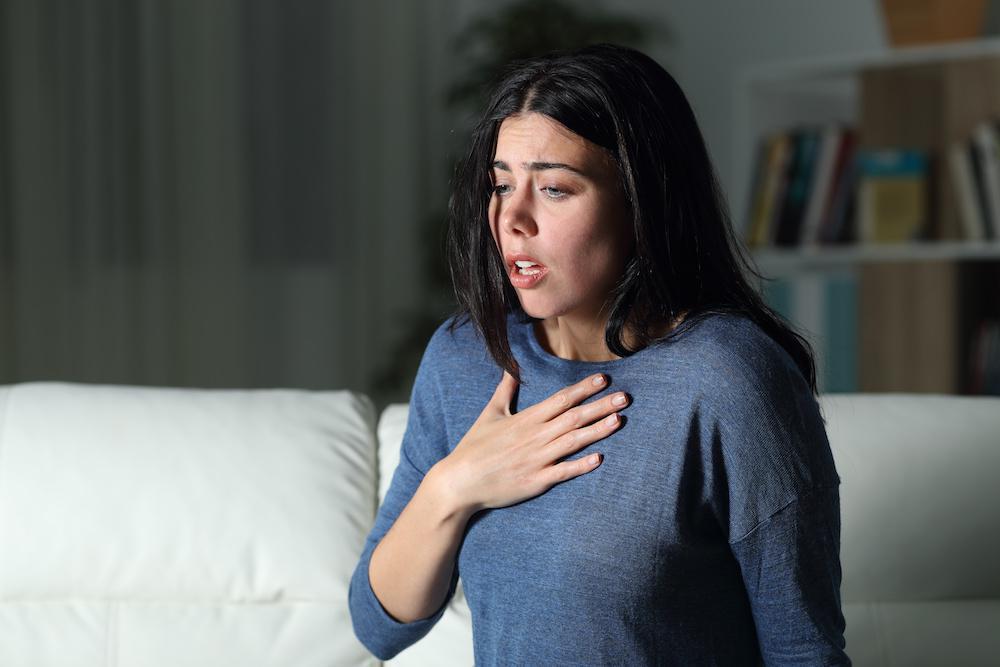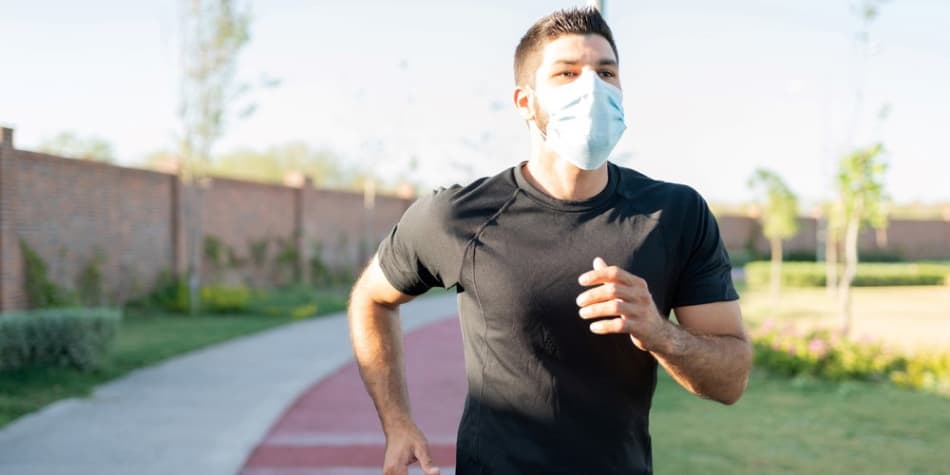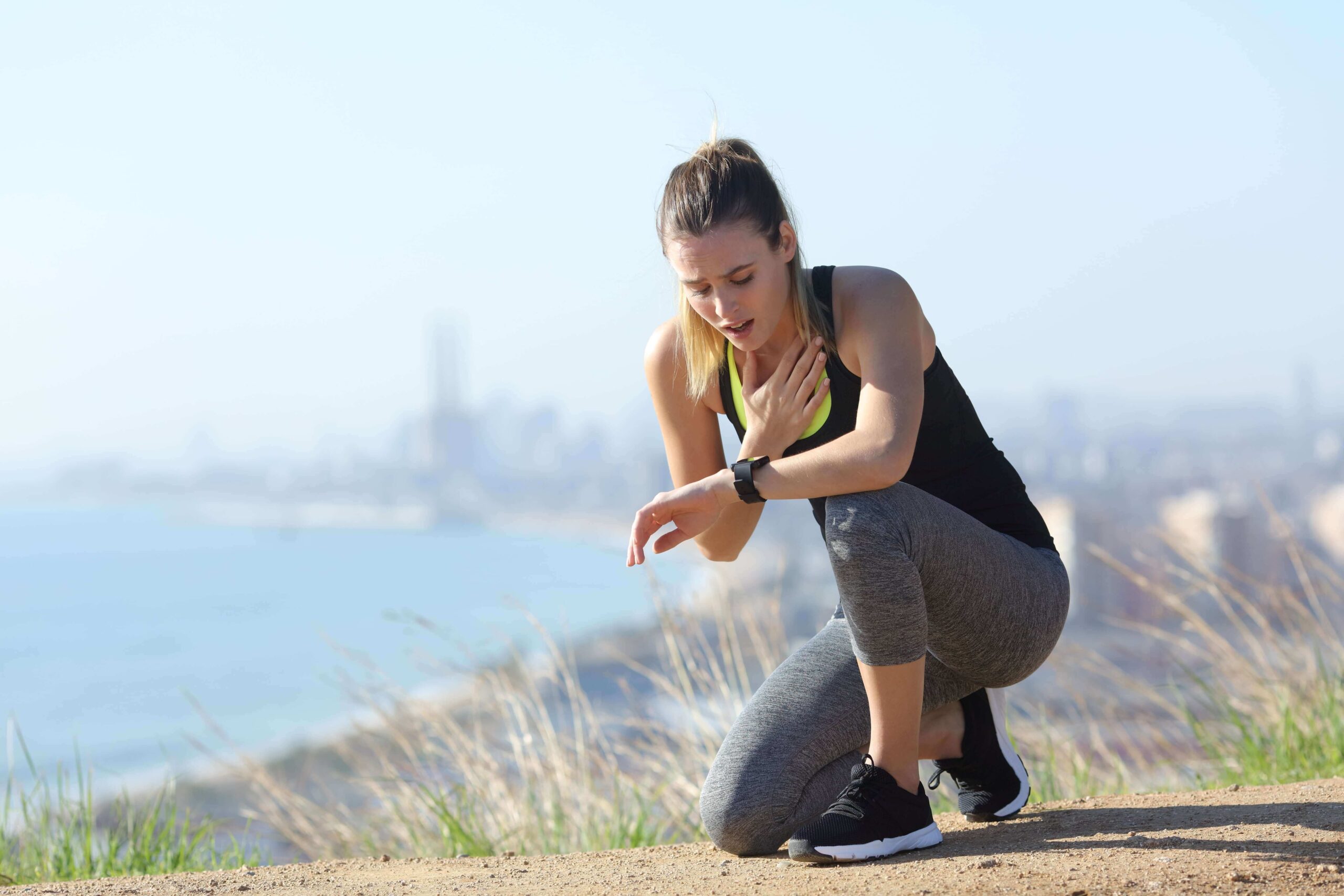Contents
How To Stop Wheezing After Exercise?
If you’ve been experiencing wheezing after exercise, don’t worry – you’re not alone. Many people, both with and without asthma, can develop exercise-induced wheezing, also known as exercise-induced bronchoconstriction (EIB). The good news is that there are strategies you can implement to help manage and prevent these symptoms. Here are some tips to help you stop wheezing after exercise:
- Warm up properly: Before diving into intense physical activity, it’s crucial to warm up your body. Start with gentle exercises like walking or light jogging to gradually raise your heart rate and prepare your lungs for more rigorous activity.
- Breathe through your nose: When you exercise, try to breathe in and out through your nose instead of your mouth. Breathing through your nose helps to filter and warm the air before it reaches your lungs, reducing the chances of irritation and wheezing.
- Stay hydrated: Proper hydration is essential for optimal lung function. Be sure to drink enough water before, during, and after your workout to keep your airways moist and prevent them from becoming irritated.

- Avoid triggers: If you know that certain triggers, such as cold air or allergens, tend to worsen your wheezing, try to avoid them as much as possible. Consider exercising indoors when the weather is cold or using a scarf or mask to cover your mouth and nose during outdoor workouts.
- Use medication as prescribed: If you have been diagnosed with asthma or exercise-induced asthma, make sure you are taking your prescribed medication as directed by your doctor. These medications can help to prevent and manage symptoms of wheezing during and after exercise.
Causes of Wheezing After Exercise
When it comes to understanding why wheezing occurs after exercise, there are a few key factors to consider. These causes can help shed light on why you may be experiencing this uncomfortable symptom. Here are the main reasons why wheezing can happen after you work out:
- Exercise-Induced Asthma (EIA): Also known as exercise-induced bronchoconstriction (EIB), this condition is marked by the narrowing of the airways during physical activity. Even mild exercise can trigger inflammation in the airways, leading to symptoms such as wheezing, coughing, and shortness of breath. EIA can affect individuals with asthma and those without a history of respiratory issues.
- Increased Breathing Through the Mouth: During exercise, you tend to breathe more through your mouth than your nose. This can dry out and cool down the airways, leading to irritation and potential symptoms like wheezing. Cold weather or dry climates can exacerbate this effect, making symptoms more noticeable.

- Air Pollution and Allergens: Breathing in pollutants, chemicals, or allergens like pollen during exercise can trigger wheezing in susceptible individuals. If you’re exercising outdoors in areas with high levels of air pollution or during times when the pollen count is elevated, you may be more prone to wheezing after your workout.
Frequently Asked Questions
How long does wheezing after exercise last?
People with exercise-induced asthma might begin having symptoms 5–10 minutes after starting to exercise (though some only get them after they stop being active). Symptoms usually peak 5–10 minutes after stopping the activity and may take an hour or longer to end.
What age does exercise-induced asthma start?
Exercise-induced asthma, also called exercise-induced bronchospasm, is often diagnosed in children because of their high activity levels, but it can happen at any age.
Does wheezing in the lungs go away?
“It will likely be gone within days or weeks.” But when it’s new and unexplained, or if it’s accompanied by certain symptoms, or if it persists, wheezing becomes more concerning.
Why am I having trouble breathing after exercise?
This is called “exercise-induced bronchoconstriction” or EIB—also known as exercise-induced asthma. Trying to exercise can feel almost hopeless when you’re struggling to breathe. However, with proper management, prevention, and modifications, even people with EIB should be able to exercise their way to better health.
Do I have exercise-induced asthma or am I just out of shape?
A key difference between the two conditions is that exercise-induced asthma often causes coughing, whereas simply being out of shape is unlikely to do so. The effects of EIB also tend to peak after exercise, while people who are out of shape typically notice that their symptoms rapidly improve after stopping exercise.

Hello, I’m Ravindra. Over the years, I’ve immersed myself deeply into the world of fitness and health, transforming both my body and mind. Writing has allowed me to share my journey, insights, and expertise with those just starting out and seasoned fitness enthusiasts alike. Beyond just routines and diets, I believe in inspiring others to adopt a holistic approach to well-being.

